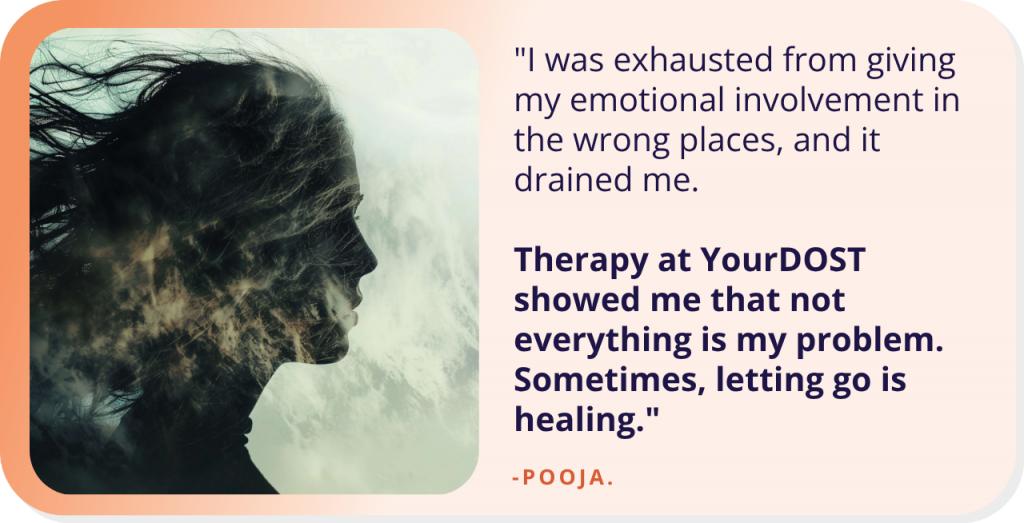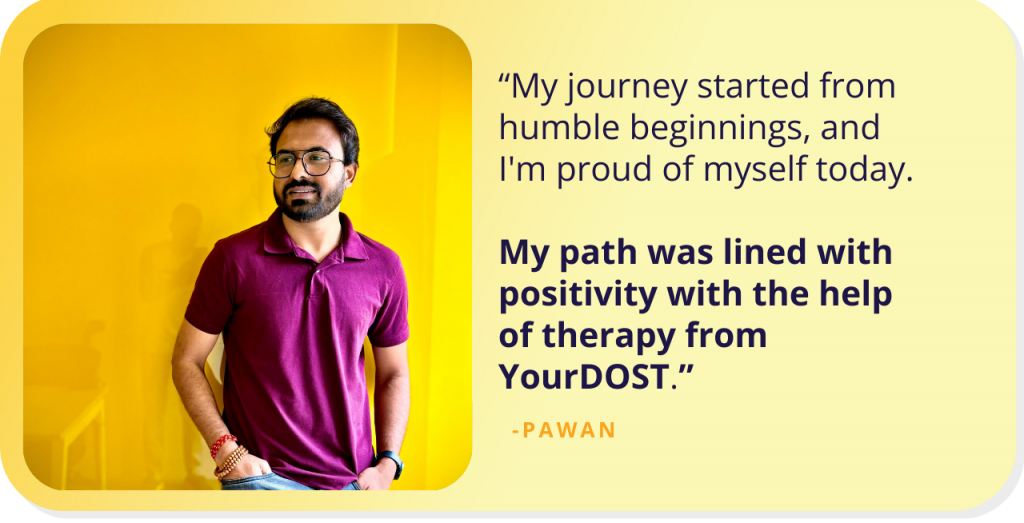6 Ways To Distinguish Counseling from Plain Advice
In legal terms, anyone can give advice, but only a licensed practitioner provides counseling.
In general, if you seek advice for your problems from people, you will get different answers. Most of them would suggest a plan of action for you to follow. But these different solutions that are intended to give you more clarity in thought can actually confuse you. On the other hand, a counselor never tells you what to do. Rather, they guide you and together you figure out the problem and the solution.
Let’s look at a few more points to understand the topic better:
1. Definition
Counseling is an activity in which counselors and clients work together to understand the clients’ personal problems and difficulties, and come up with plans to fix them.
On the other hand, advice is an opinion or recommendation offered as a guide to action or conduct. It is usually based on common knowledge, past experiences, personal opinion and beliefs.
2. Intention
A counselor can advise you, but so can your family, friends, newspaper columns and several advice platforms on the internet. But that’s not what counselors intend to do.
The intention of a counselor is to help you answer your own questions. However, the goal of most advice-givers is to provide you with a definite answer (or a plan of action) to your problem, sometimes without even identifying what the problem really is.
3. Approach
“But, what do I do?” is one of the most common questions that we encounter. Here is the main difference in the way in which this query is handled by advice-givers vs. counselors:
An advice-giver would probably listen to your problem and instantly come up with a solution for it. But this method falls back because they never give you the opportunity to think and introspect about yourself. So, the next time you face a problem, you wouldn’t be able to handle it on your own. Instead you would depend on others to help you out.
On the other hand, counselors empower you to make your own decisions. They provide reflective feedback, supportive dialogue and thoughtful inquiry to make the situation clear. They open up your perspectives regarding the matter and allow you to introspect on it. They also make you aware of the consequences of the decisions that you make.
4. Time Taken
Getting advice is often quick and easy.
Counseling on the other hand takes time and requires a lot of effort from both ends. But counseling helps you to better understand the world within and outside of you. This would definitely be very beneficial in the long run.
5. Outcome
An advice is usually based on common knowledge and is shrouded by one’s opinion and past experiences. The outcome of following someone’s advice is always difficult to predict and it may or may not solve your problem.
Conversely, counselors utilize techniques, modalities, and theories that have been rigorously studied and researched. Counseling focuses only on you and works to understand and guide you to achieve your goals.
Counseling helps you to explore your feelings and learn about yourself. It gives you the opportunity to discover yourself. It gives an insight into how you got tangled up and how to untangle yourself. This process is what people get to learn from counseling.
In a nutshell, advice is like giving you food to eat and counseling is like teaching you how to cook so that you can continue to feed yourself and live on your own.
Need Counseling? Get personalised guidance from the Experts at YourDOST.







